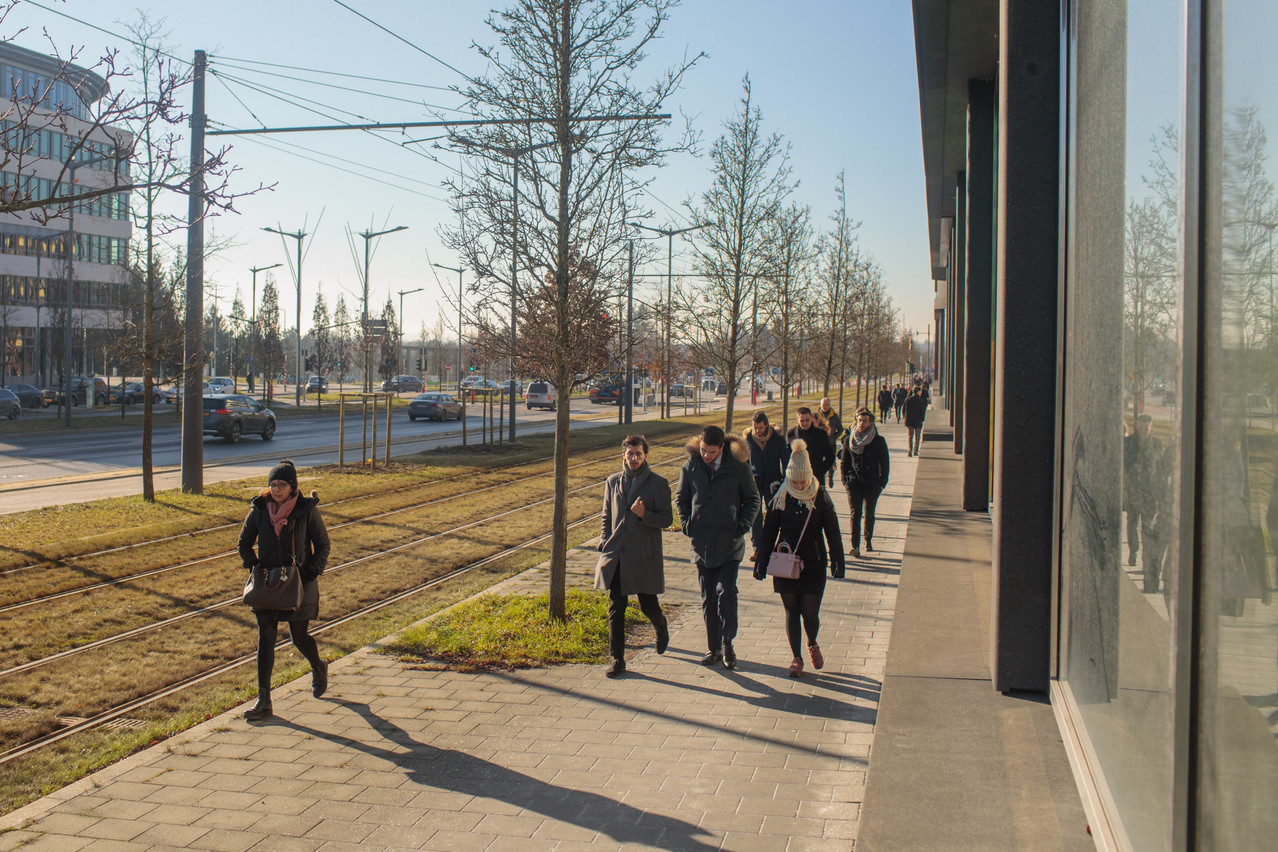The Union des entreprises luxembourgeoises (UEL) surveyed recruiters in Luxembourg for the first time in November last year to get a better understanding of business hiring woes.
The survey found that recruitment agencies struggle to fill around a third of assignments across different sectors.
“The market is candidate-driven,” the UEL said in a presentation of the results. The two top reasons for candidates to decline an offer is that they have several opportunities to choose from or that their salary expectations don’t match what the company can offer.
The UEL has been a vocal critic of the indexation of salaries--an automatic adjustment for inflation--saying it explodes payroll costs for businesses. It has also opposed deliberations for the reduction of working hours in Luxembourg although it supports more flexibility in the workplace, for example remote working.
Salaries top priority
Salaries remain the number one draw for people to start a job, recruiters said, adding that work-life balance--the ability to work from home and the location of the office--ranked a close second.
The ability to develop in the company and perspectives for the future placed third, according to recruiters. Recruiter federation fr2s carried out the survey and contacted 70 agencies, with around half participating, a UEL spokesperson told Delano.
Two-thirds of recruiters who participated in the study said they had worked together with jobs centre Adem, which the survey said shows efforts by Adem as a public organisation to work with other players in the jobs market.
The majority of candidates wishing to leave Luxembourg depart for France, recruiters told the UEL in the survey. This could be due to a more attractive financial environment for top candidates, the UEL said.
But it could also point to a still significant reliance on French in the Luxembourg job market. French remains the most commonly spoken language in the workplace, followed by English, Luxembourgish and then German.
The survey results published on Tuesday do not include data on how Luxembourg’s languages impact the attraction of global talent to the country.
Talent shortages
More than half of companies in a survey by the Luxembourg Chamber of Commerce said that talent shortages will be their main challenge in 2023. The Chamber of Skilled Trades and Crafts said that around 1,700 jobs must be filled in the next 12 months to keep up with customer demand.
Luxembourg’s at the end of last year stood at 4.8%, with 15,760 jobseekers registered with Adem. Just under 11,000 jobs were posted with Adem.
The government with the start of 2023 changed its rules to to attract highly skilled non-EU expats to the country, but recruiters have warned that the measure doesn’t go far enough.
A draft law to enable accompanying spouses to is also in the making.
